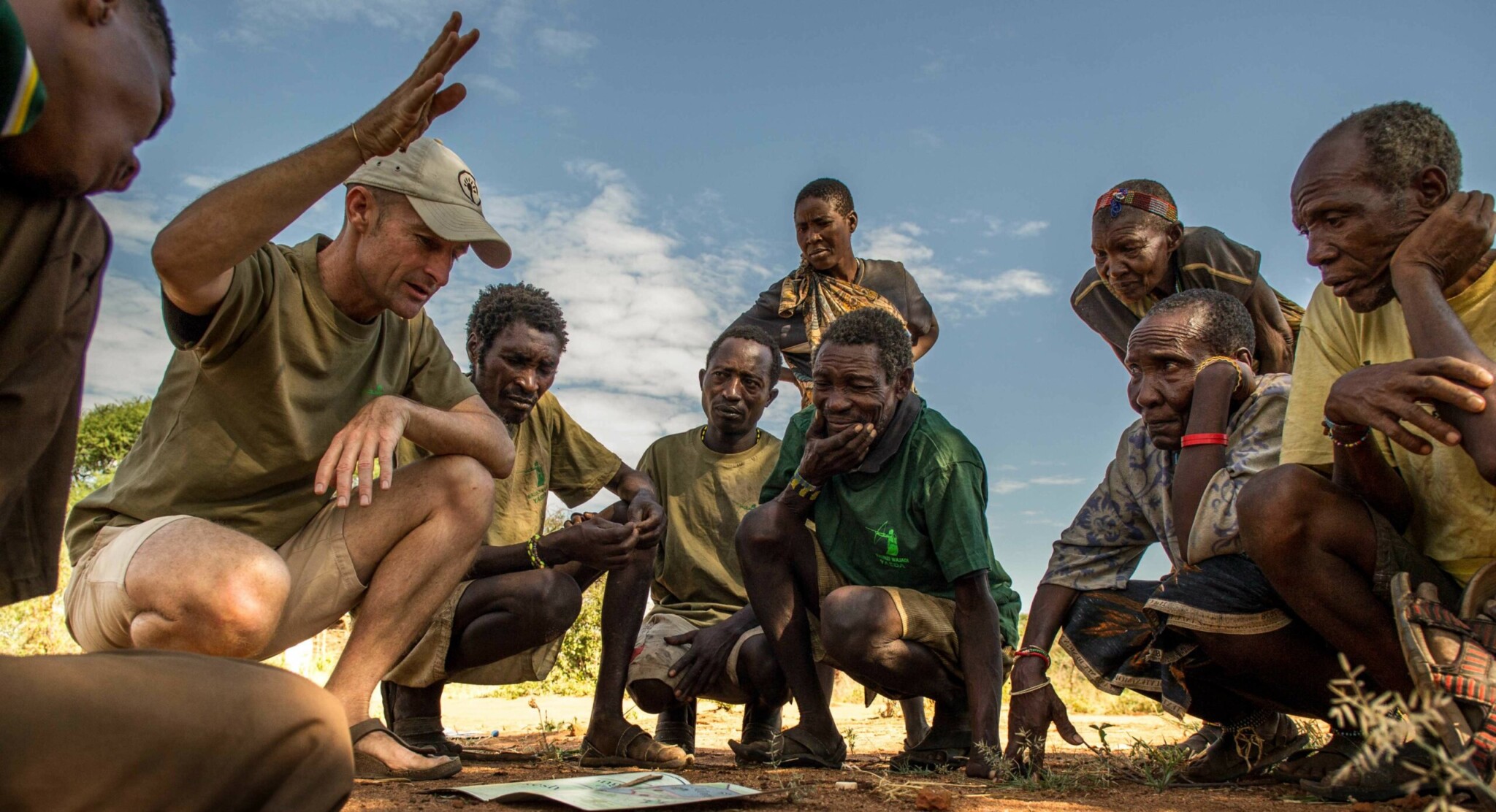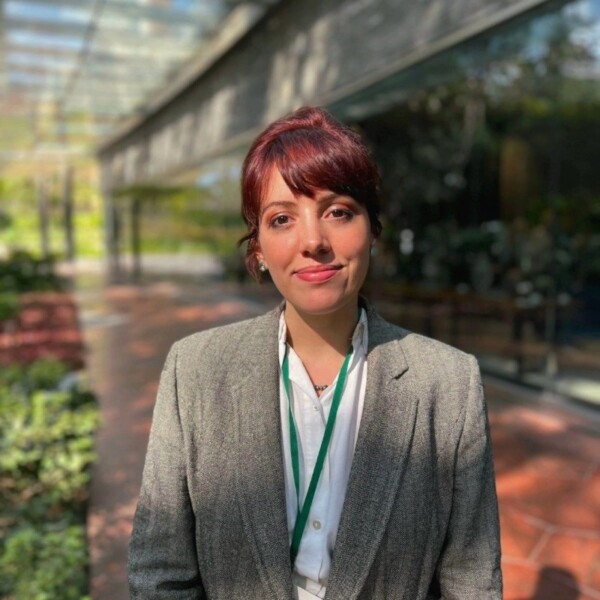
Photo: Carbon Tanzania
- For millennia, traditional communities in Tanzania have been stewards of their land. Finally, their efforts are being acknowledged and valued in a tangible way.
- Rural communities and indigenous tribes are now selling high-integrity carbon credits, a testament to their ancestral dedication to safeguarding the forests and biodiversity of East Africa.
- This virtuous cycle simultaneously preserves biodiversity, enhances territorial security, and bolsters the local economy.
- Currently, 60% of the revenue from carbon credits in Tanzania is directly managed by these communities, who reinvest these funds into health, education, and local business development.
Read more
Related articles for further reading
In the Datooga Community, for instance, proceeds from the Yaeda-Eyasi Landscape Project—a program designed to prevent the annual felling of over 170,000 trees in the Yaeda Valley region—are funding a school lunch program. In the Ntakata Mountains, eight village communities have committed to averting the felling of 1,250,000 trees each year. The revenue generated supports local businesses like the restaurant owned by Tatu Amani. She shares, “I started my business in 2015. I used my initial earnings to purchase necessary items and to improve and expand my restaurant. I currently employ six individuals, whereas initially, I started with just two.”
Collaborating with Carbon Tanzania, an organization aiding 12 communities in Tanzania to generate verified forest carbon offsets sold on the voluntary market, indigenous populations are also addressing land tenure and land use concerns through this new system. “We protect our forest through patrols. When we find someone disrupting the wildlife or cutting down the trees, our village by-laws are implemented at once,” explains Juliana Johnson Mboi Mlaw, Village Game Scout Coordinator of the Yaeda-Eyasi Landscape Project.
The program coordinator of the Ujamaa Community Resource Team, Dismas Partala, explains that the carbon credit selling methodology was community-driven. “We are just here as guides to ensure that their traditional conservation practices, which were once only passed down orally, are now documented on paper and translated into laws,” he states.
When referring to ancient knowledge, experts are alluding to the sustainable use of land as an integral aspect of community life. The Hadza hunter-gatherers, for example, have inhabited the Yaeda Valley area for 40,000 years. Their lifestyle represents one of the oldest forms of human existence on Earth, entirely dependent on a healthy environment to sustain their ancient traditions. A simple illustration of this is when a hunter secures an animal, all other members of the tribe cease their activities because that single catch is sufficient to feed the entire community. This exemplifies their natural reliance on the ecosystem without depleting it.
According to data from the new naturebase platform, Tanzania has the potential to mitigate 41.44 Mt CO2e per year through avoided forest conversion and an additional 0.95 Mt CO2e per year through the sustainable management of grazing lands. This presents a substantial opportunity for the country to develop a new economic system rooted in a nature-positive future while safeguarding the rights of traditional Tanzanian livelihoods. “It is the communities that decide how to use this revenue. What do they want to build? What do they want to see? So, in each of our contexts where we work with Maasai pastoralists, Hadza hunters and gatherers, Datoga pastoralists, and Bantou agriculturalists, they utilize the land differently, and consequently, they use the finances differently. Yet, the common threads revolve around health, education, and governance,” elucidated Marc Baker, CEO of Carbon Tanzania.
Nature in Action: case studies from across the globe
Naturebase*, an interactive tool from N4C, showcases real-world stories, focusing on successful efforts to protect, restore, and sustainably manage lands globally. It hosts a growing natural climate solutions learning network, testing high-impact strategies for worldwide replication. Naturebase not only aids stakeholders in addressing data integration challenges but also enables informed decision-making for effective natural climate solutions globally.
The “Nature in Action” series, produced with community-led filmmakers from If Not Us Then Who, tells stories of people and communities leading the groundwork on nature protection and recovery. These stories highlight successful nature-based solutions and the strong leadership of Indigenous and local communities, influencing climate discussions and decision-making for impactful nature-based action.
Watch all films here
READ MORE:
- Unlocking the potential: N4C launches interactive database showing opportunities for high-integrity nature-based projects
- Natural Climate Solutions must be nature-based, sustainable, climate-additional, measurable, and equitable, new study finds.
- Panama: The Return of an Ancestral Forest
- Water resilience: resisting the tide in the Dominican Republic
- From Peru to Ghana: how technology is transforming community reforestation
